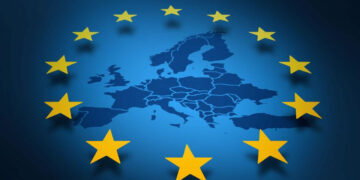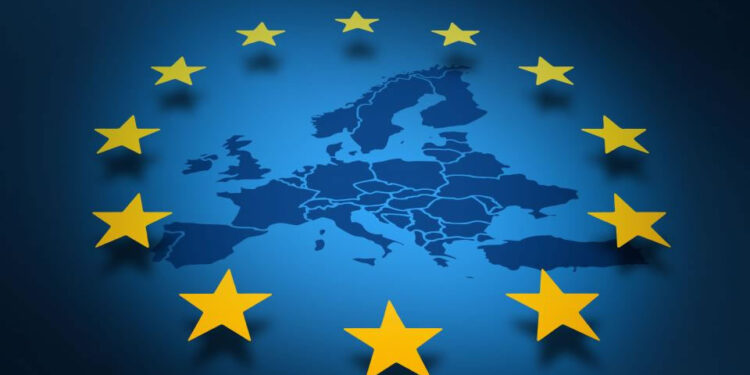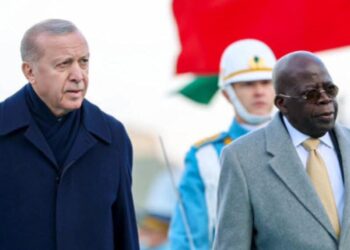The European Union has overhauled its list of high-risk countries for financial crime, removing the United Arab Emirates while adding Algeria, Lebanon, Monaco, and several other nations in a move that will reshape economic relations across multiple regions.
The updated list, announced Tuesday by the European Commission, reflects shifting assessments of global anti-money laundering (AML) and counter-terrorist financing (CTF) standards, with immediate consequences for trade and investment flows.
The UAE’s delisting marks a watershed moment for the Gulf state, which has spent years overhauling its financial regulations to shed its reputation as a money-laundering concern. Sweeping reforms, including stricter oversight of gold and diamond trading, enhanced corporate transparency rules, and improved cooperation with international investigators, have convinced EU officials that Dubai and Abu Dhabi now meet global standards.
The decision lifts cumbersome due diligence requirements that previously burdened European banks dealing with Emirati clients, potentially unlocking new investment opportunities as the UAE solidifies its position as the Middle East’s premier financial hub.
In contrast, Algeria’s inclusion signals Brussels’ growing unease with what it views as systemic weaknesses in Algiers’ financial controls. Though the EU remains Algeria’s top trading partner, the designation could chill economic ties unless authorities demonstrate swift progress on modernising banking supervision and enforcing transparency laws.
The move comes at a delicate time for Algeria’s leadership, which has sought to diversify its oil-dependent economy amid declining European demand for fossil fuels.
Lebanon’s listing underscores the EU’s loss of confidence in a country where financial collapse and institutional paralysis have created fertile ground for illicit flows. With Beirut’s central bank embroiled in scandal and Hezbollah maintaining influence over segments of the economy, European regulators appear unconvinced by Lebanon’s nominal AML reforms. The designation may further isolate Lebanon’s banking sector, which once served as a financial bridge between Europe and the Middle East.
The updated list aligns with recent decisions by the Financial Action Task Force (FATF), which earlier this year removed the Philippines from its grey list while adding Laos and Nepal. Monaco’s inclusion, despite its membership in the European Economic Area, highlights persistent concerns about the principality’s vulnerability to financial crime through its private banking and real estate sectors.
African nations received mixed signals: while Angola, Côte d’Ivoire, Kenya, and Namibia joined the list, Senegal and Uganda secured their exits alongside the UAE. The diverging paths suggest the EU is applying sharper differentiation between reform-minded economies and those perceived as lagging on financial transparency.
European Commissioner for Financial Services Maria Luis Albuquerque framed the changes as part of the EU’s “commitment to upholding global financial standards.” The list now enters a one-month review period by EU member states and the European Parliament before taking effect.
For newly listed countries, the designation serves as both a warning and an opportunity, a chance to accelerate reforms that could eventually restore their standing in the eyes of international investors. Meanwhile, the UAE’s success story offers a template for how strategic regulatory overhauls can translate into tangible economic benefits.



































